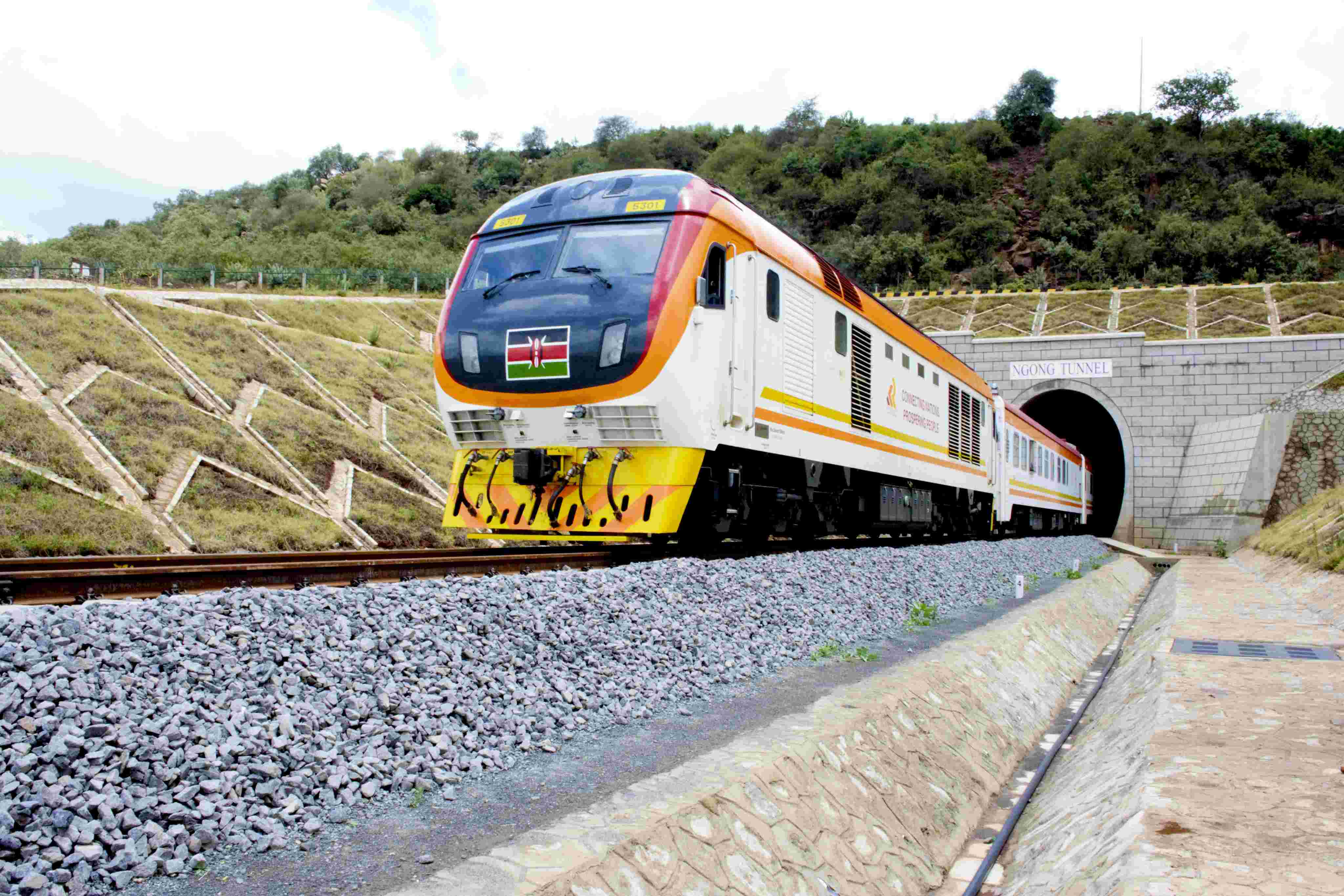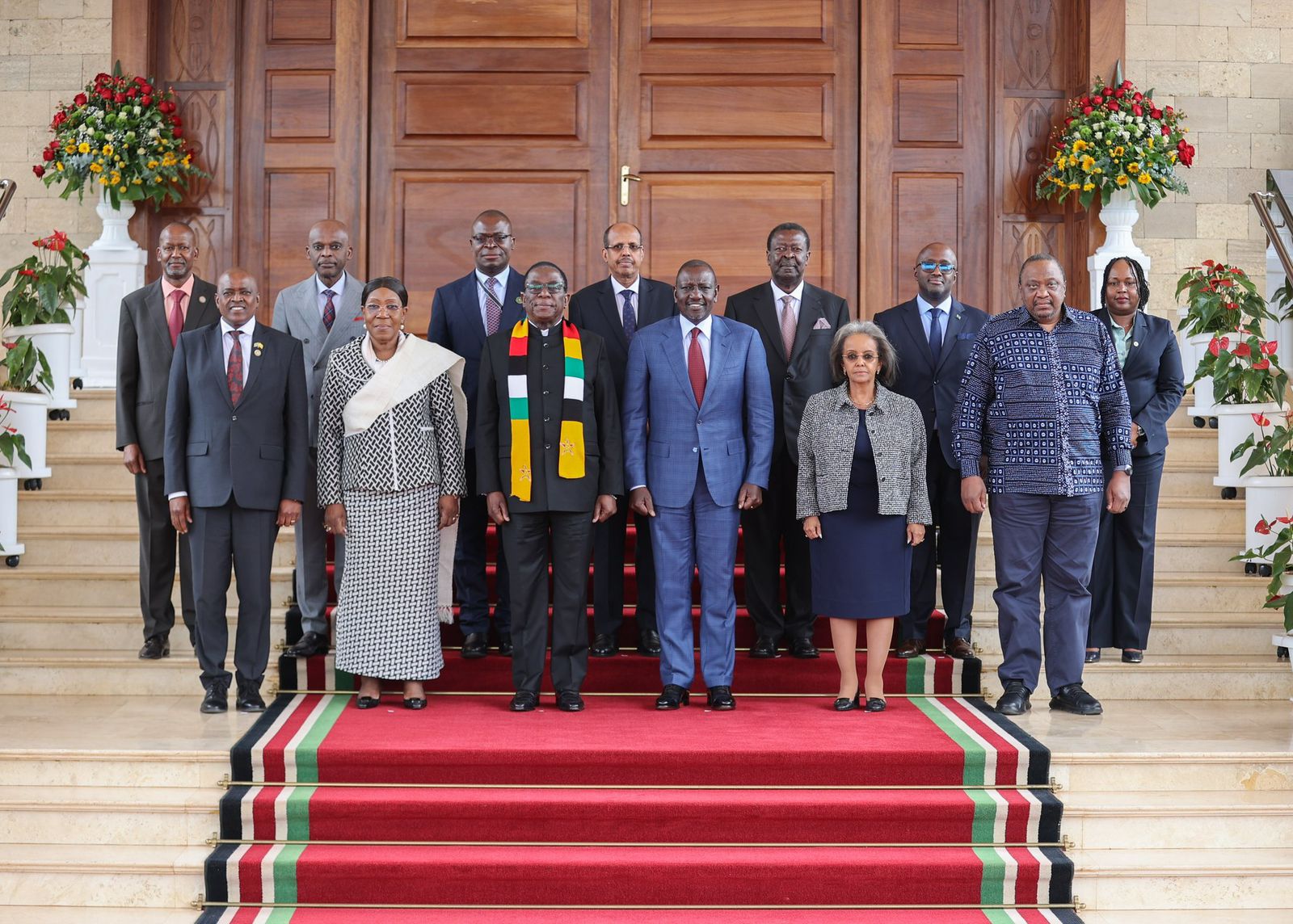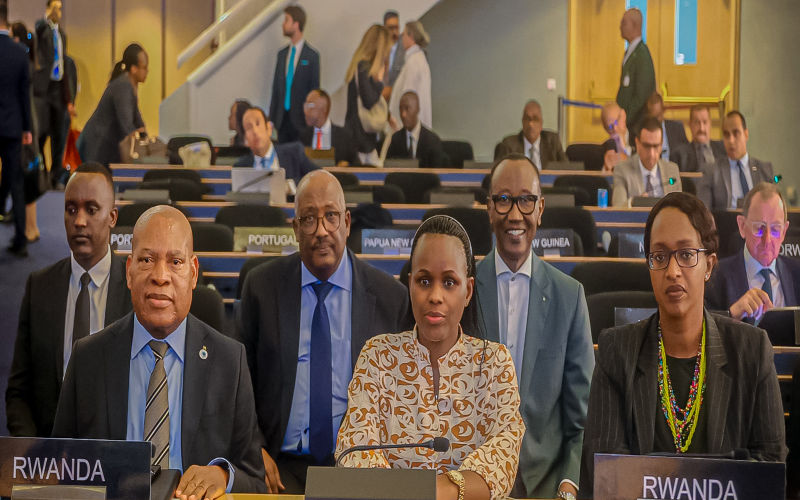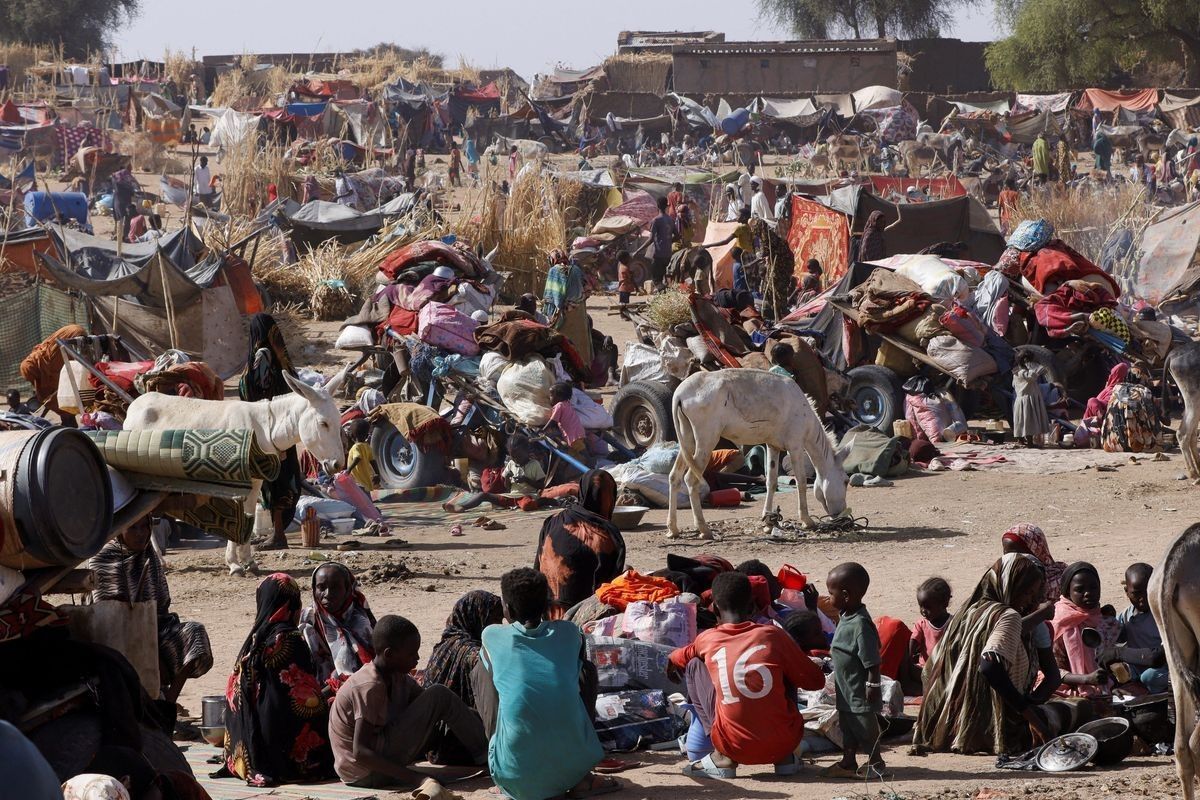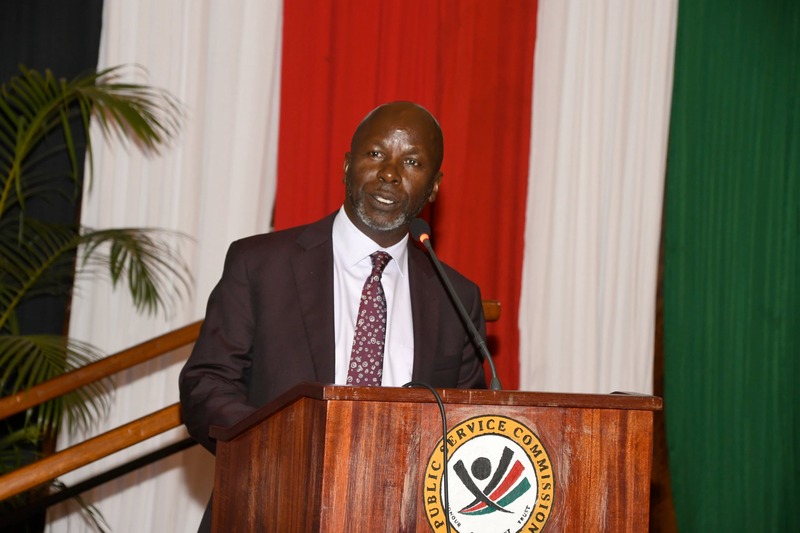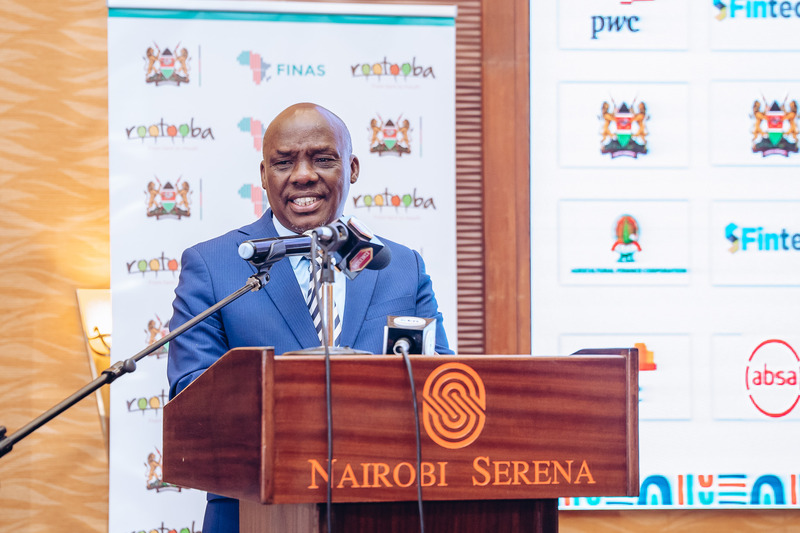Why Ramadan will be observed twice in 2030
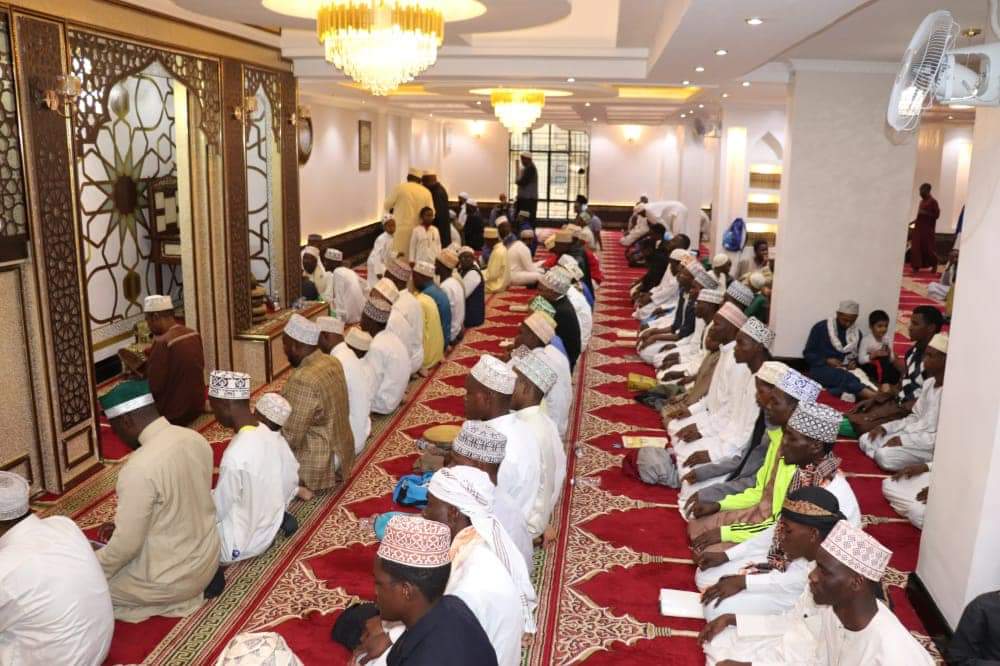
This phenomenon repeats approximately every 33 years due to the nature of the Islamic calendar.
Astronomers are predicting that Muslims around the world will observe the holy month of Ramadan twice in the year 2030. It will be observed in January and December.
While this may seem like an unprecedented event, history tells us otherwise. Back in 1997, Muslims also experienced the dual observance of Ramadan, with the holy month occurring in both January and December. This phenomenon repeats approximately every 33 years due to the nature of the Islamic calendar.
More To Read
- Inside the appointment process of Kenya’s Chief Kadhi
- Chief Kadhi Sheikh Abdulhalim Hussein buried in Kikowani, Mombasa as nation mourns Islamic leader
- Condolences pour in as nation mourns Chief Kadhi Sheikh Abdulhalim Hussein
- Judicial Service Commission advertises five Kadhi posts in fresh judicial recruitment drive
- In Pictures: Muslims countrywide celebrate Eid-ul-Adha
- Muslims across Kenya mark Eid-ul-Adha with prayers and sacrifice
The Islamic calendar, known as the Hijri calendar, is based on the lunar cycle and is 11 days shorter than the solar Gregorian calendar that is commonly used worldwide.
A full year on the Hijri calendar consists of 354 days, compared to the 365 days of the Gregorian calendar. This discrepancy in the number of days causes Ramadan, which is the ninth month of the Islamic calendar, to shift backwards by approximately 10 or 11 days each year. This makes Ramadan to appear twice after every 33 years in the Solar Gregorian calendar.
The Hijri calendar traces its origin to the historic event of Prophet Muhammad's (pbuh) migration, known as Hijrah, from Mecca to Medina in 622 AD. This pivotal event not only marked a significant turning point in Islamic history but also served as the basis for the Islamic calendar. Consequently, the Islamic year begins with the year of Prophet Muhammad's first-ever Hijrah.
Prior to the adoption of the Hijri calendar, Muslims relied on important Islamic events to determine the passage of time, such as the year of Prophet Muhammad's (pbuh) birth. However, the lack of a standardized calendar prompted Islamic leaders to develop a more systematic timekeeping system, with Hijrah serving as the starting point for this new calendar.
Ramadan holds immense spiritual significance for Muslims worldwide, as it is believed to be the month when the Quran, the holy book of Islam, was revealed to Prophet Muhammad (pbuh). Observing Ramadan involves fasting from dawn to sunset, abstaining from food, drink, and other physical needs as a form of spiritual discipline and reflection.
In Kenya, the commencement of Ramadan was officially announced by the country's chief Kadhi on Tuesday. With the beginning of this sacred month, Muslims are encouraged to engage in acts of kindness and charity, particularly towards those in need within society.
"The long-awaited season is here. Let us unite in doing good and help the needy in society," said Abdulhalim Hussein, the Chief Kadhi.
Top Stories Today




